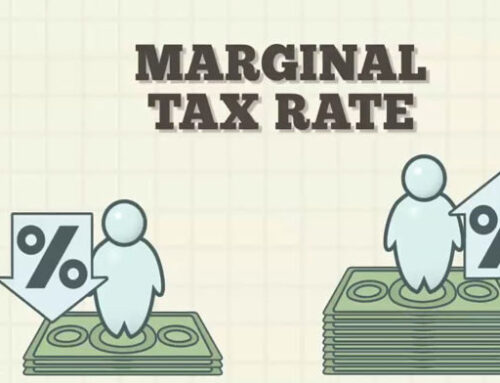Introduction
Tax deductions are a vital aspect of managing finances for small businesses. They serve to reduce taxable income, thereby lowering the overall tax burden. However, the world of tax deductions can be complex and confusing for many business owners. This guide aims to demystify tax deductions, providing small businesses with a clear understanding of what deductions are available to them and how to effectively take advantage of them. 
Understanding Tax Deductions
Tax deductions are essentially expenses that businesses can subtract from their taxable income, ultimately reducing the amount of income that is subject to taxation. These deductions can encompass a wide range of business expenses, from office supplies to employee salaries. By claiming these deductions, small businesses can effectively lower their taxable income and pay less in taxes.
Read More: Does Your Place of Residence Affect Tax Payments?
Common Tax Deductions for Small Businesses
- Home Office Deduction: If you use part of your home exclusively for business purposes, you may be eligible to deduct expenses related to that portion of your home, such as utilities and insurance.
- Vehicle Expenses: If you use your vehicle for business purposes, you can deduct expenses such as gas, maintenance, and insurance. You can either deduct the actual expenses or use the standard mileage rate set by the IRS.
- Office Supplies and Equipment: Expenses related to office supplies, furniture, and equipment can be deducted. This includes computers, printers, and software necessary for your business operations.
- Professional Services: Fees paid to accountants, lawyers, and other professionals for services related to your business are deductible.
- Travel Expenses: If you travel for business purposes, expenses such as airfare, lodging, and meals can be deducted. However, these expenses must be directly related to your business activities.
- Employee Expenses: Salaries, wages, and benefits paid to employees are deductible business expenses.
Maximizing Your Deductions
To maximize your deductions, it’s essential to keep detailed records of all your business expenses throughout the year. Use accounting software or hire a professional to help you keep track of these expenses accurately. Additionally, staying informed about changes to tax laws that may affect your business deductions is crucial.
Conclusion
Understanding tax deductions is paramount for small businesses looking to reduce their tax burden. By knowing what deductions are available and how to maximize them, businesses can lower their taxable income and keep more of their hard-earned money. Use this guide as a comprehensive resource to explore the various deductions available to your business and consult with a tax professional for personalized advice.




